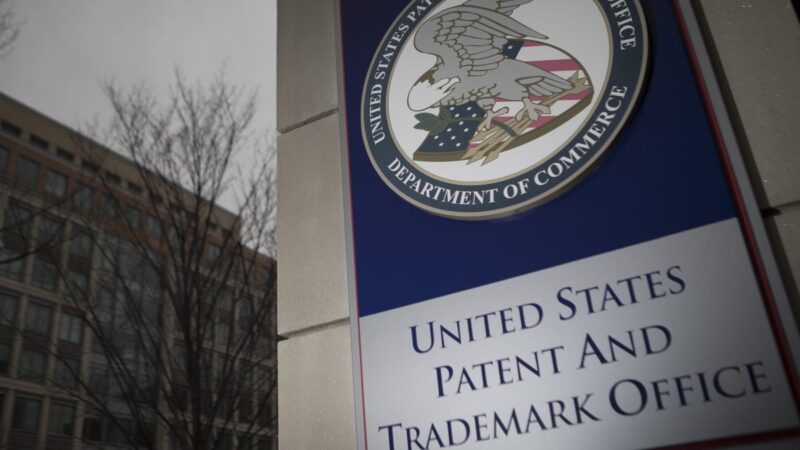Marianne Frydenlund

During her career, Marianne has gained a unique in-house perspective on IP-related business practices within the wireless ecosystem. At Avanci, she is developing and leading new licensing programs for the Internet of Things (IoT) beyond the automotive industry. Marianne joined Avanci from Nordic Semiconductor, where she was most recently Senior Vice President, Legal & Compliance, with responsibilities including patent licensing activities, concluding several ground-breaking agreements. Earlier in her career, Marianne worked for Huawei Technologies, Nexans Norway AS, Equinor and Aker Solutions where she focused on legal issues associated with technology-related commercial transactions. Marianne graduated from the University of Oslo School of Law. She chairs the Board of the Norwegian Company Lawyers Association (NCLA) where she has been involved in their mentoring programs aimed at helping women advance in business and technology-related careers.


Assessing the Patent and Trademark Office’s Inventorship Guidance for AI-Assisted Inventions
